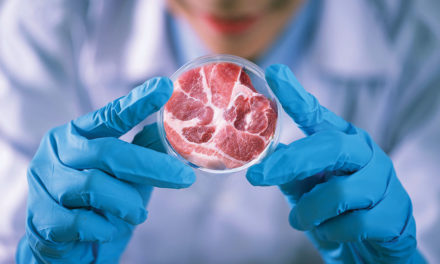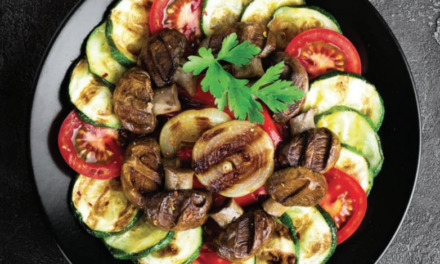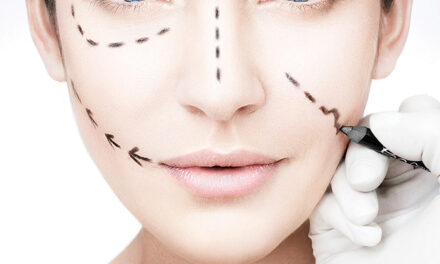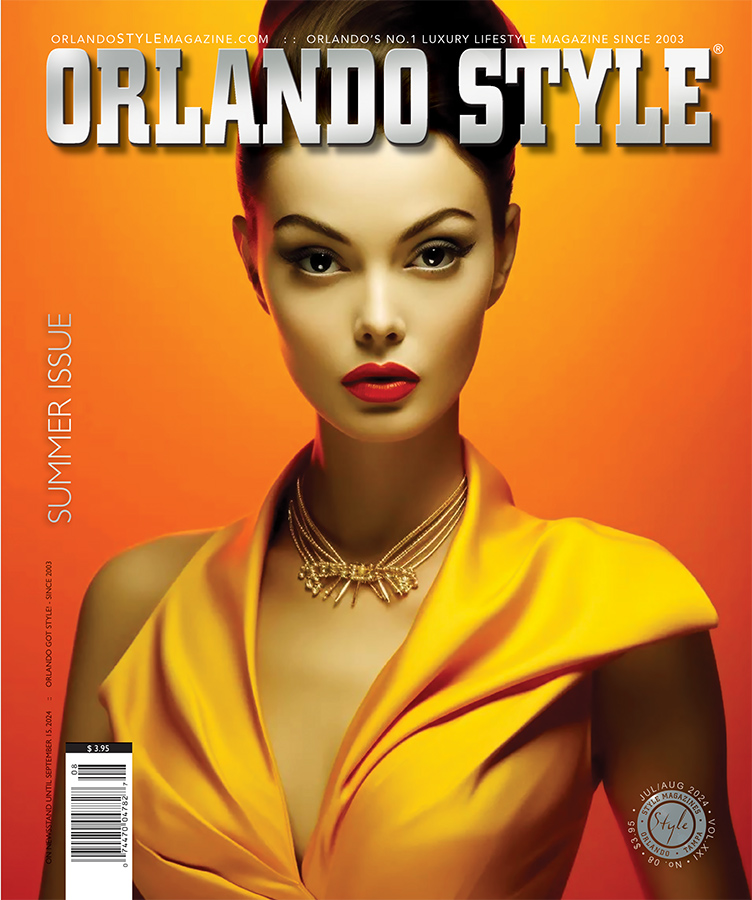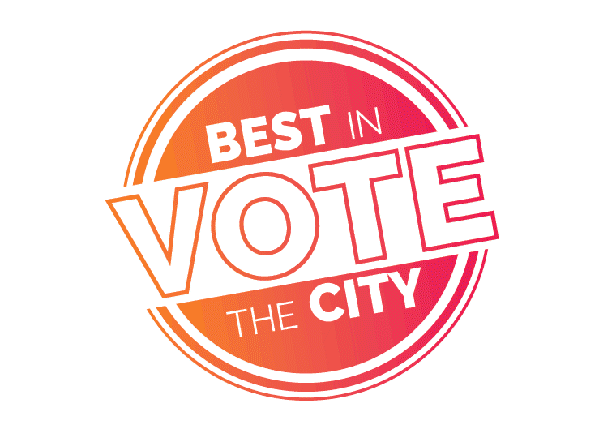
By Dawn Harris Sherling, M.D., F.A.C.P.
Sometime in April, while practicing social isolation, I had decided that I needed a few items from a home improvement store. When I went on-line, I was pleased to discover that they were doing curb-side pick-up. I selected my items, paid for them, and then drove to the store, following directions to call the phone number for pick up. I told them which numbered parking spot I was in and waited for my items. The woman who took my call let me know that she would be out shortly. She, mistakenly, however went to the car next to mine. The woman inside her car was ready to receive my items. I rolled down my window and asked if those items were possibly for me, giving my name and the items I had ordered. Realizing that she had made a mistake, the employee took the pen she had handed the other customer, as well as the papers detailing the purchase, and passed them over through my window. Crisis averted!
Sadly, no. It was more like disease transmission made entirely possible. That pen had touched two hands that I was aware of and possibly dozens or even hundreds of others that I hadn’t seen. Curbside pick-up is a great idea if done well—it reduces the number of contact points a person has, lowering the risk of picking up the virus. But done incorrectly, it doesn’t help as much as it should.
As we emerge from social isolation, it turns out that we will still need to socially distance. And if we want to keep from having to crawl back into our homes with the virus having gotten a second wind, we have to get this right. There are no laws to enact; there are no supervisors to call on. We all, individually, have to learn how to keep our germs to ourselves and keep others’ germs away.
How can we be sure going to all this trouble will work? Well, Governor Andrew Cuomo reported in early May that health care workers in New York coronavirus hot-spots were testing positive for antibodies (basically, exposure to the virus) at LOWER rates than the general public. At first glance, this should make no sense. Many doctors and nurses are coming into contact with COVID patients with every shift. They should have evidence of the greatest exposure. But they don’t. What is the secret to doctors and nurses getting infected at lower rates? Definitely lots of hand washing and mask wearing (so do this and don’t touch your face!), but something else too. We know how not to share our germs.
Sounds simple enough, but in reality, that means unlearning everything we have been taught since we were about two years old. Parents discover very quickly that toddlers don’t like to share. Ask for a toy or even a piece of trash they are holding and you will probably be met with a definitive, “Mine!”
The most common parental response is usually something along the lines of, “That’s not nice. You need to learn how to share.”
As kids get older we ask them to share all manner of things. Friends let friends borrow things. We share our snacks with our friends. We loan a pen or pencil to a classmate. As an adult, I’ve been known to try a friend’s drink or pass my laptop over for them to use (usually not in the same setting and definitely prior to the pandemic). Those days, as they say, are over. At least for a while.
As we re-emerge into society, not only do we need to physically separate our bodies from one another, but we need to keep our stuff to ourselves. Basically, no more sharing. My pen is mine, yours is yours. Being polite is no longer offering someone a tissue from your purse, it’s not offering the tissue. And, quite frankly, the right thing now is for the person who needs the tissue to head back home—after all, it may not be allergies this time. Being polite means that we have to unlearn how to share. It means temporarily looking at our toddlers when they say, “Mine!” and quite possibly admitting, that for the time being, they are right.


